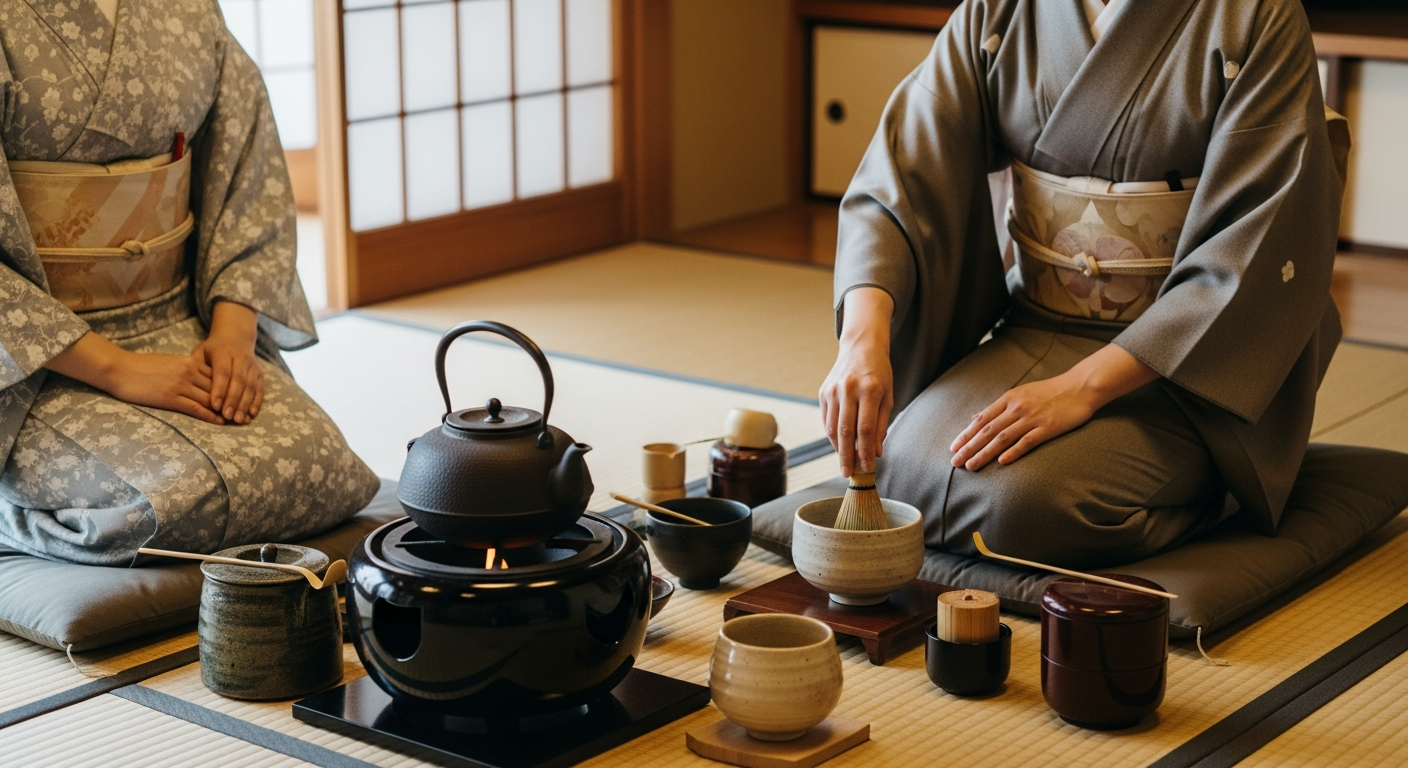Understanding the Health Benefits and Scientific Backing of Qigong
Ever heard of Qigong? It might not be as trendy as yoga or as well-known as tai chi, but this ancient Chinese practice has a fascinating history and a wealth of potential health benefits. Whether you're searching for relief from chronic pain, improved mental clarity, or a new way to manage stress, Qigong could have something to offer. Let's delve into the world of Qigong, exploring its origins, the science behind it, and the ways it could enhance your health and well-being.

Qigong (pronounced “chee gung”) has its roots in traditional Chinese medicine, martial arts, and philosophy. It involves rhythmic body movements, controlled breathing, and focused meditation. Its name roughly translates to “life energy cultivation,” referring to the practice’s goal of harnessing and balancing the body’s vital energy, or “qi”.
The Science Behind Qigong
Modern scientific studies on Qigong have found evidence to support its health benefits. Research published in the American Journal of Health Promotion found that Qigong could help reduce stress and improve balance and general health. Another study in the Journal of Psychosomatic Research found that Qigong could help reduce symptoms of depression and improve quality of life.
Health Benefits of Qigong
Qigong is believed to have a wide range of health benefits. It has been associated with improved cardiovascular health, better balance and flexibility, enhanced immune function, lower stress levels, and better overall mental health.
The Practice of Qigong
Practicing Qigong involves performing a series of slow, deliberate movements in synchrony with deep breathing. These movements are often inspired by nature and are designed to stimulate the body’s energy flow.
Qigong: A Holistic Approach to Health
Qigong not only focuses on physical health but also emphasizes emotional, psychological, and spiritual well-being. It promotes the philosophy that mind, body, and spirit are interconnected, and that health and wellness involve all these aspects.
Enlightening Health Insights from Qigong
-
Qigong can be practiced by people of all ages and fitness levels.
-
You don’t need any special equipment to practice Qigong, making it an accessible form of exercise for many.
-
Qigong’s emphasis on deep breathing can help to improve lung capacity and overall respiratory health.
-
The meditative aspect of Qigong can help to calm the mind and reduce stress.
-
Regular practice of Qigong could potentially lead to improvements in posture and body alignment.
In conclusion, Qigong is an ancient Chinese practice with potential health benefits that are just as relevant today. By integrating gentle movement, deep breathing, and focused meditation, Qigong offers a holistic approach to health and wellness. The scientific research on Qigong is promising, suggesting that it could offer a range of benefits, from stress reduction to improved physical health. Whether you’re in search of a new form of exercise or a way to enhance your overall wellness, Qigong could be worth exploring.






